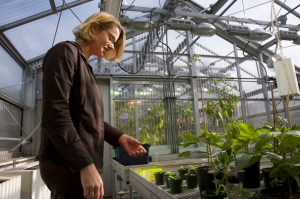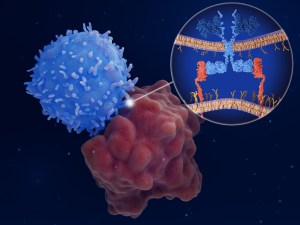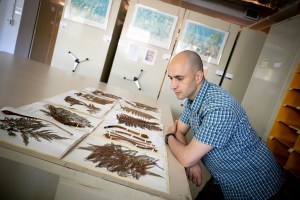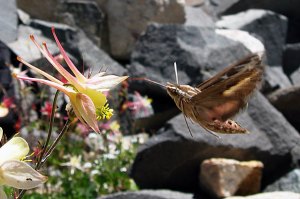Tag: Speciation
-
Science & Tech
Why are hybrid animals sterile?
Study of crossbred butterflies suggests multiple genes involved
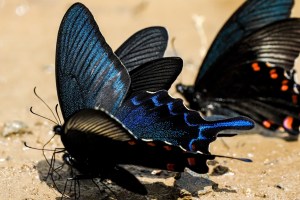
-
Science & Tech
Written in the bones
Harvard doctoral students offered a glimpse of the future of evolutionary inquiry, outlining projects that touch on the human pelvis, butterfly hybrids, field and forest mice, and the mystery of an ancient pile of bones.

-
Health
Study of lizards shows trade as a force in biodiversity
New research shows that trade is one of the major drivers of biodiversity among lizard species in the Caribbean islands.

-
Health
Giving hybrids some respect
Harvard researchers have used genetic analysis to confirm that the Appalachian tiger swallowtail butterfly arose through hybridization of two other species, the Canadian and Eastern tiger swallowtails, highlighting a rare case of speciation through hybridization in animals.

-
Health
Caught in the act
Breaking up may actually not be hard to do, say scientists who’ve found a population of butterflies that may be on its way to a split into two distinct species.

-
Health
Re-examining Darwin’s thoughts on species
Radcliffe Fellow James Mallet says Darwin’s idea of speciation as a step in a continuum of differences reflects reality in nature.

-
Health
Growing her own answers
Assistant Professor Kirsten Bomblies examines plant immune responses for clues about genetic divergence.
